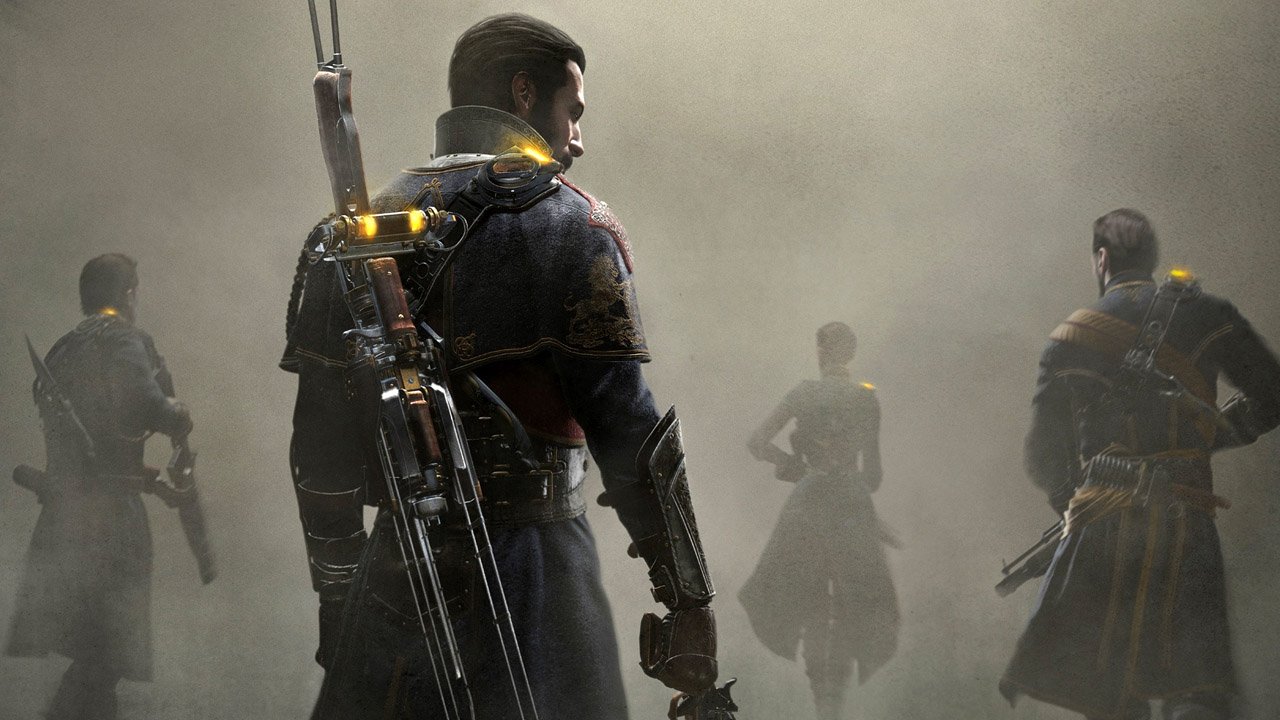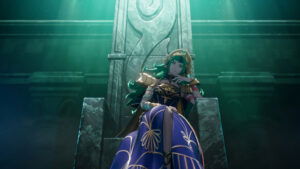Gaming—as with any medium—changes enormously once it becomes mainstream entertainment. What once was the province of a few enthusiasts with very strict demands and high expectations becomes a commercial force that needs to appeal to the lowest common denominator. It’s the difference between a cinephile who watches a “film” and a bunch of friends who watch a “big summer movie” or the genre vampire aficionado compared to the tween who reads Twilight. In games, this division is the hardcore versus the casual/mainstream, and it’s a difficult phase for the hardcore to accept; they are losing control of the entertainment medium they helped bring to mainstream attention.
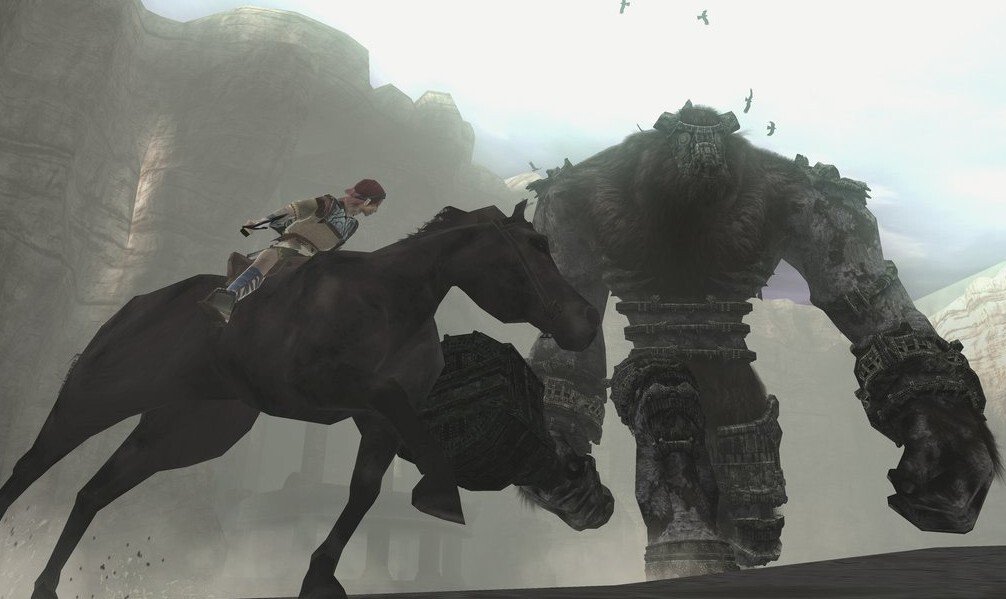
One of the key indicators of this is the rift between quality and sales. In the infancy of console and PC gaming, if a game is reviewed well. The audience was small, informed, and knew what they wanted, rewarding developers who gave it to them.
But things are no longer quite so straightforward. For example, games like Shadow of the Colossus, Okami, and Legend of Zelda: The Ocarina of Time are some of the highest-rated games in the world according to Metacritic and, perhaps more importantly, are hailed by critics themselves as masterclass examples of the very best gaming can be. None of these games, however, is as commercially successful as EA’s annual FIFA or Madden games or Activision’s relentless parade of Call of Duty games.
“The rift between quality and sales is one of the key indicators of the shift in gaming from niche to mainstream.”
On the other hand, you can also look to Metacritic to see games that haven’t been reviewed as well as predecessors in their franchise, such as Assassin’s Creed Unity or Final Fantasy XIII, yet these games are massive financial successes. Suppose Metacritic and its collection of scores are so critical to a game’s success that employee bonuses are tied to a Metacritic average. How is it that some of the most financially successful games of all time are not the ones with the highest Metacritic averages?
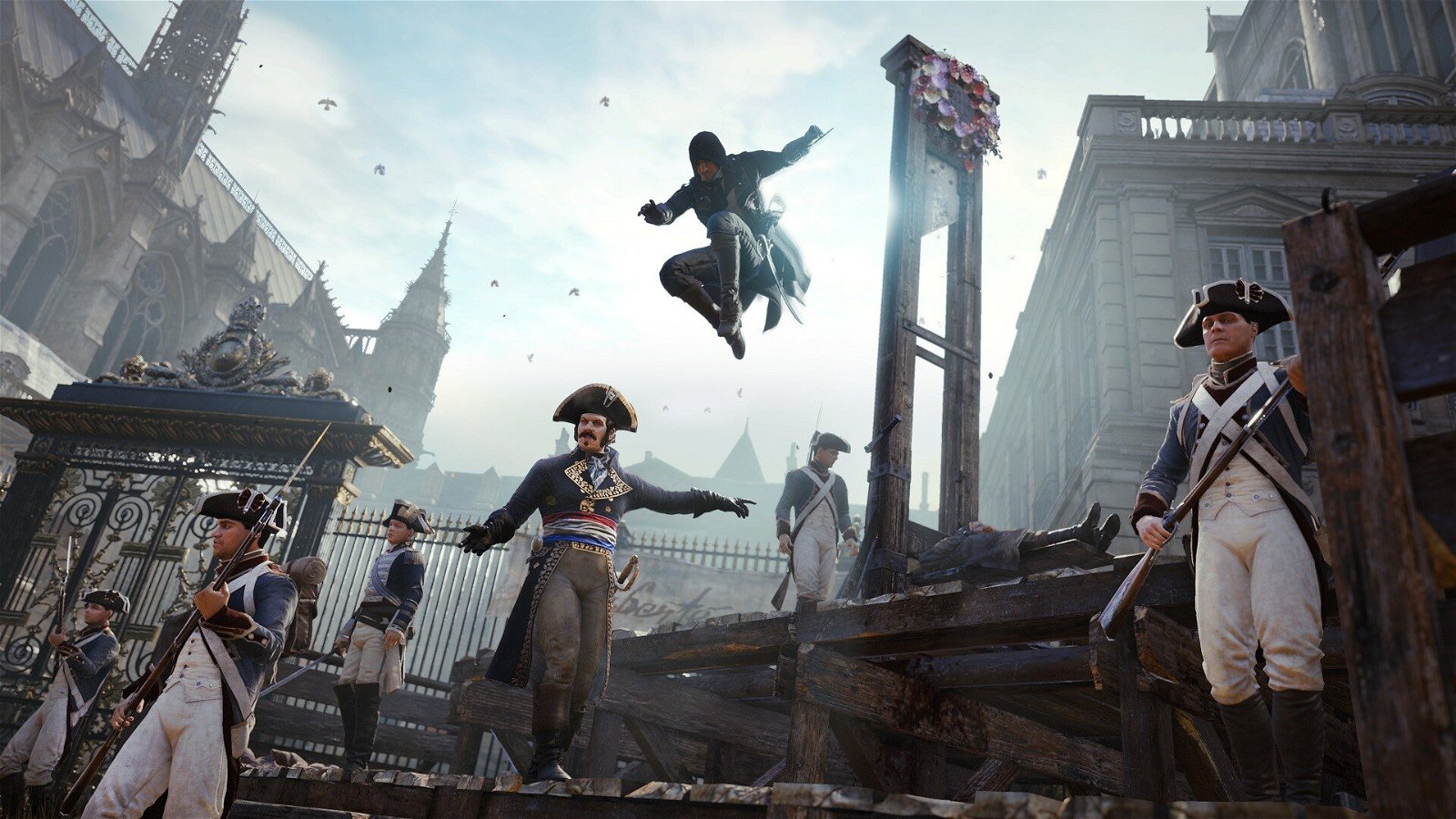
The answer, of course, is the same reason that everyone claims Twilight and Transformer movies are awful, even though those movies go on to rake in hundreds of millions worldwide: marketing matters far more than review scores.
Hardcore gamers have to deal with this, either accepting it, moving on, and continuing to play games their way, or abandoning gaming in protest of the way the medium is changing. It’s never going to go back to the way it was before; just ask anyone who was hopeful Lucasarts would crank out a new adventure game rather than all the Star Wars franchise-based games that dominated their release schedule until their demise.
“That’s how a game succeeds now: through relentless marketing that captures the attention of a casual audience.”
The hardcore can call it whatever they like, but gaming is now a huge commercial enterprise and has been for years. When that happens, the enthusiast demographic that follows the industry’s ins and outs gets rapidly outnumbered by the more mainstream/casual audience that only pays attention to games that get the “loudest” marketing presentation.
They’re not going to read an interview with Jenova Chen. Still, if they see that downtown Manhattan has giant Grand Theft Auto images covering entire buildings or are relentlessly bombed with Call of Duty commercials on buses, TV and Internet banner ads, they’re going to remember that. And when it comes time to buy a game, they’re not going to research their purchase, they’re going to buy whatever comes to mind first, or is recommended to them by friends that also don’t diligently research their purchases.
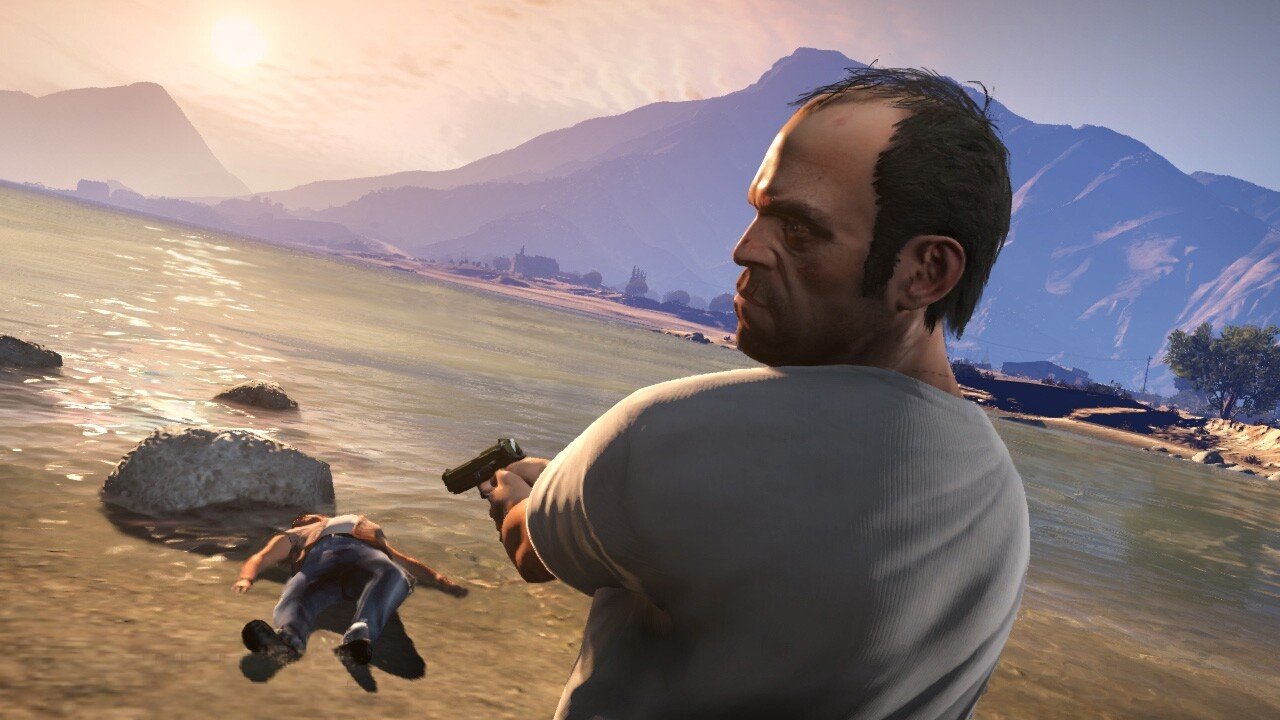
It doesn’t matter in these cases whether the game was good or bad or whether the franchise has a history of spiraling downwards. In the same way that most gamers don’t obsessively research the best restaurant for dinner because they just want to eat and get back to gaming, the non-hardcore feel the same about gaming. Assassin’s Creed, for example, has been declining for years. Still, every year, Ubisoft opens up its wallet to its advertising agency partners, and every year, the AC franchise makes its investors happy.
Even with the bug-riddled AC Unity still sour in most gamers’ minds, it’s a safe bet that this year’s AC installment will STILL be a best seller because the hardcore that remembers how Ubisoft dropped the ball last year will be vastly outnumbered by the casuals that hear a cool song and see a cool slow-motion trailer on every media platform they frequent. They won’t know, care or even remember that Ubisoft once promised they’d never release an AC game on a tight schedule if it would hurt the game’s quality; they’ll only know all their friends are talking about “That awesome trailer for some game, so I’m gonna’ buy it this November.” That’s how a game succeeds now.
